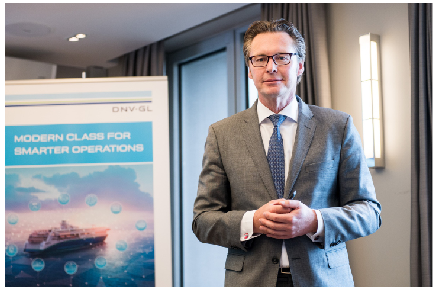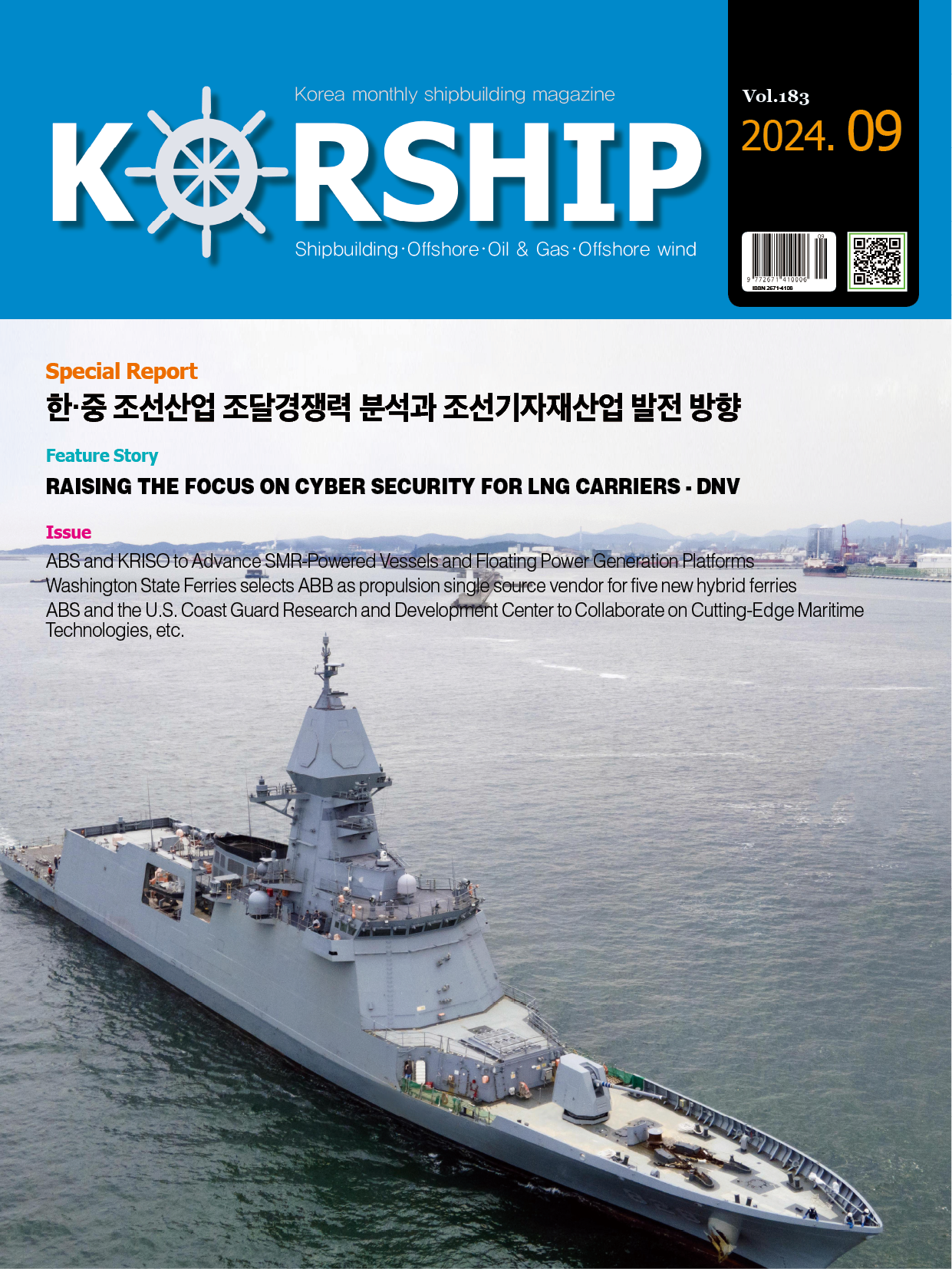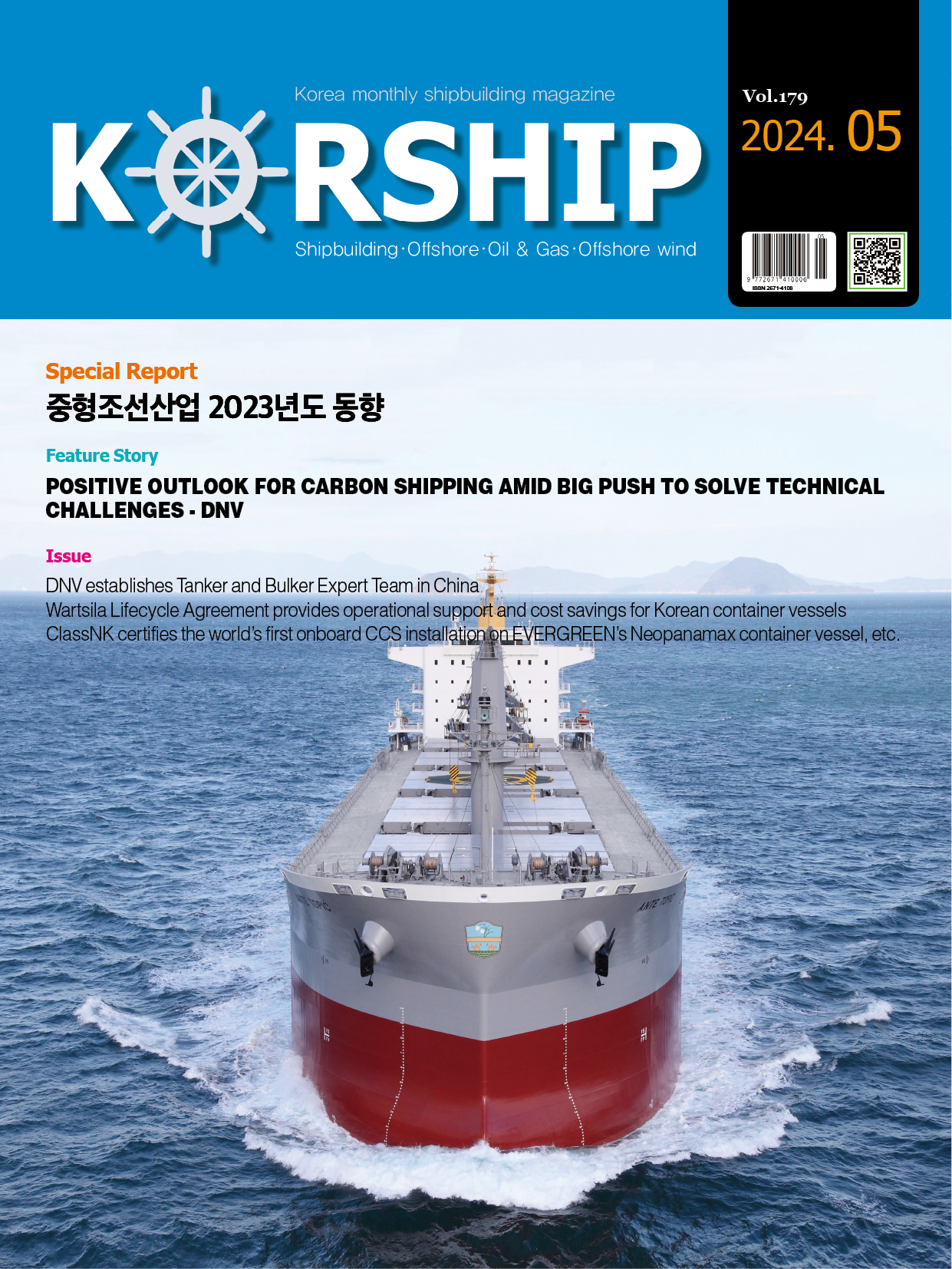ETC DNV GL: Tectonic shifts in shipping make safety more vital than ever
페이지 정보
작성자 최고관리자 댓글 0건 조회 3,163회 작성일 19-09-16 19:06본문

At its Nor-Shipping press conference in Oslo, DNV GL - Maritime CEO Knut Ørbeck-Nilssen emphasized the classification society’s dedication to maritime safety. Although shipping losses have declined over the last decade, challenging markets, demanding environmental regulations, and new technologies threatened to pull the industry’s focus away from marine safety, he said.
“In a time when shipping is rapidly transforming, I believe it is crucial to put our primary focus on safety, making sure it is at the core of all changes - whether it is ways of working, technology, or regulations,” said Ørbeck-Nilssen. He noted there were tectonic shifts within the maritime industry on three fronts: shifts in the market, which are increasingly unpredictable; shifts in regulations, headed by the upcoming 2020 global sulphur limits; and shifts in technology, driven by the constant evolution in digitalization.
The tectonic shifts were creating their own safety challenges, he said: from growing ship sizes, fire risks due to new cargo types such as cars with Li-ion batteries, to environmental regulations with unintended consequences, as well as the increased risk of cyber-attack due to vessel automation and ship-to-shore connectedness.
The industry needed to be both aware of these challenges, but also embrace the opportunities they created, said Ørbeck-Nilssen. However, a safety net was needed to unlock these opportunities, which was where class and DNV GL could be instrumental, he explained: “I have five proposals that I believe could benefit our industry and improve safety at sea. Firstly, to develop holistic regulations with safety at the core - this is a challenge to the IMO and the classification societies when they are developing rules. Secondly, to improve the safety culture within shipping companies. Thirdly, to apply barrier management lessons from other industries. The fourth proposal is to increase transparency on incident findings. And finally, to unlock data silos for deeper insights into incidents and near-misses.”
There were already many concrete examples of how DNV GL had been working on projects that built on these proposals, he said. “We have been working with Carnival on a holistic safety management system, which integrates the human, organizational and technical dimensions of safety to help develop a more efficient incident investigation process. Also in the cruise industry, we have developed barrier models for critical areas, such as fire in machinery or escape and evacuate. And we have carried out more than 200 surveys where we have put class and statutory findings into context by presenting the results in a barrier dashboard on the industry data platform Veracity.”
As a classification society, DNV GL was also providing safety-related research and technical know-how that was leading to informed debates and better decisions, he added. “In a recent joint development project, we tested the properties of the new Environmentally Acceptable Lubricants(EALs) after a series of stern tube bearing failures were reported. Based on the results, we updated our design rules, to add a viscosity influence parameter as a safety margin.”
Furthermore, DNV GL has been sharing its expertise on critical issues like cargo liquefaction, he noted. “In 2015, we published our first guideline for the design and operation of vessels with bulk cargo that may liquefy. This was created to raise the awareness of the risks of liquefaction and to offer mitigating actions for crews, owners and operators. We have been working on this over the past years and have published an updated version at Nor-Shipping.”
The classification society was also involved in areas that would be important for the future of the industry, he said. “Our role as a neutral third party has never been more relevant than in time of rapid technological transformation as we see it today. For example, autonomous and remotely operated ships are beginning to emerge, which prompted the launch of our class guideline last year. Alongside our own rules we continue to support the industry to develop a holistic regulatory framework.”
■ Contact: www.dnvgl.com












